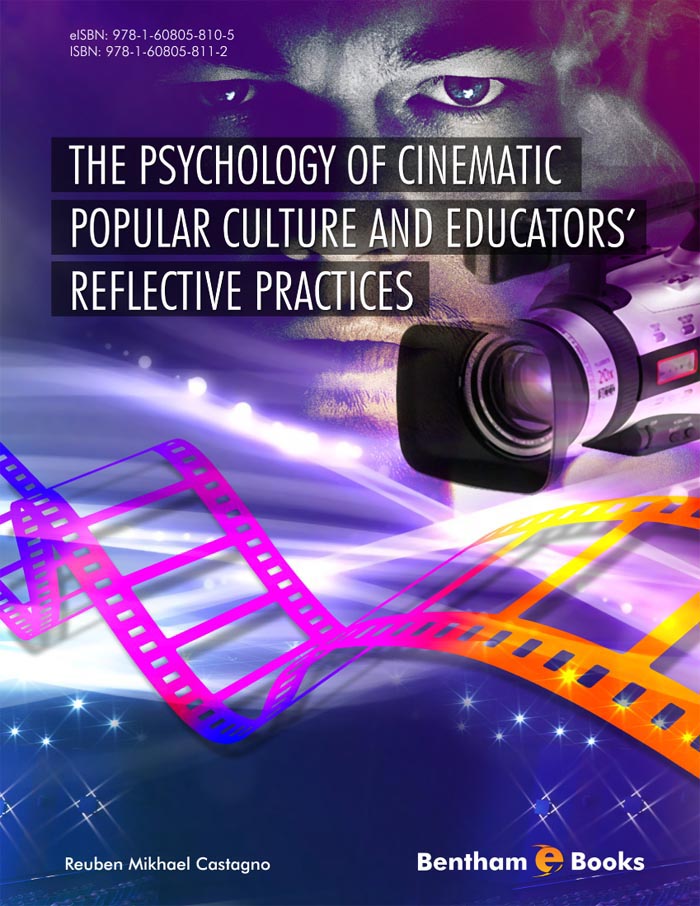Foreword
“The cinematographic image is always dividual. This is because,in the
final analysis, the screen, as the frame of frames,gives a common standard
of measurement to things which do not have one”.
Gilles Deleuze
This book is definitely an important and crucial work in the systematic study of educators’ cinematic reflections and to what extent could be interpreted in terms of the theoretical framework of Habermas’s domains of reflection and discursive acts. Taken together, the chapters in this volume describe important theoretical developments, data analysis, and significant findings about the importance of popular film in pedagogy. The data for the pilot project and the actual study were analyzed using frequency counts of entries under each sub-domain of reflection (i.e., Technical, Practical, and Emancipatory) and discursive acts (i.e., Speaker, Other, and Intersubjective). The unit of analysis was the simple sentence expressing or conveying a single complete thought in the educators’ conceptual discourse about the connection of popular cinema and pedagogy. Overall, the chapters articulate important implications of the groundbreaking research and paramount topics described in this book. As researchers, educators, and practitioners from different disciplines explore these chapters; new ideas, studies, and commitment to a new pedagogy certainly will be launched to further the specific lines of research described in each chapter. It is through these converging possible cinematic explorations that we may be able to move from solitary/monologic reflective practices to a rational reconstructive educational pedagogy. Touro College New York
Anthony Polemeni
Vice President
Graduate Division
Touro College
New York
Reference
Deleuze, Gilles. (1991). Cinema 1: The Movement Image. University of Minnesota Press

